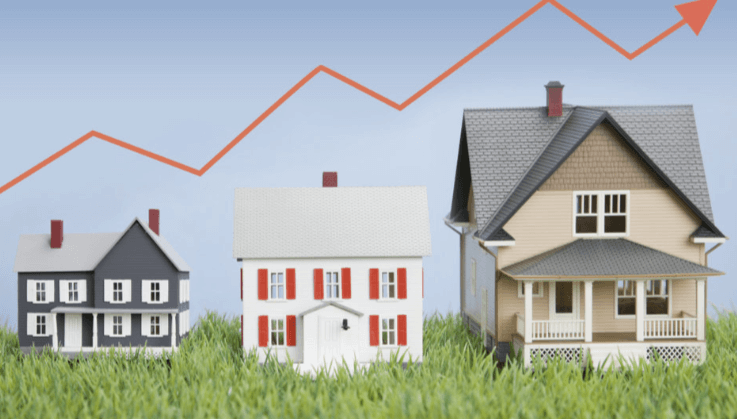The Impact of Real Estate on the Economy

The relationship between real estate and the economy is multifaceted, influencing various sectors and contributing significantly to job creation and consumer confidence. As housing markets fluctuate, they not only affect construction and related industries but also shape broader economic indicators such as interest rates and spending patterns. Understanding these dynamics reveals the intricate web linking real estate development with overall economic stability and growth. However, the nuances of this interplay raise critical questions about sustainability and future trends that merit further exploration.
Real Estate and Job Creation
Real estate serves as a critical engine for job creation within the economy, influencing employment across various sectors.
Housing development and urban revitalization projects stimulate construction jobs, enhancing market stability.
Furthermore, real estate investment drives demand for skilled labor in property management and related fields.
This interconnectedness underscores the significance of the real estate sector as a catalyst for sustainable economic growth and employment opportunities.
Influence on Consumer Spending
While housing markets fluctuate, their impact on consumer spending remains profound, as fluctuations in property values and market conditions directly affect household wealth and confidence.
Higher property values can enhance consumer confidence, encouraging increased spending. Conversely, mortgage trends that signal rising interest rates may dampen this effect, leading consumers to curtail expenditures, ultimately influencing the broader economy.
Impact on Interest Rates
Housing market dynamics play a significant role in shaping interest rates, as the interplay between demand for mortgages and broader economic indicators influences lending costs.
When housing market activity increases, demand for mortgages rises, leading to higher mortgage rates.
Conversely, a sluggish housing market can result in lower rates, demonstrating how real estate significantly impacts overall economic stability and consumer financial freedom.
Ripple Effect on Industries
How does the performance of the real estate market influence various industries beyond construction and finance?
The housing market drives consumer spending, while rising property values stimulate commercial development and urban planning initiatives.
Investment trends in real estate reflect broader economic cycles, impacting sectors such as retail, hospitality, and services.
Thus, real estate serves as a critical barometer for overall economic health and industry interconnectivity.
Conclusion
In summary, the real estate sector acts as a robust cornerstone of economic vitality, akin to the roots of a towering tree that stabilize and nourish the surrounding ecosystem. Through job creation, consumer spending, and interest rate modulation, real estate weaves a complex tapestry interlinking various industries. Its fluctuations resonate like ripples across a tranquil pond, influencing broader economic landscapes and underscoring the critical importance of housing and development in fostering sustainable growth and stability.
